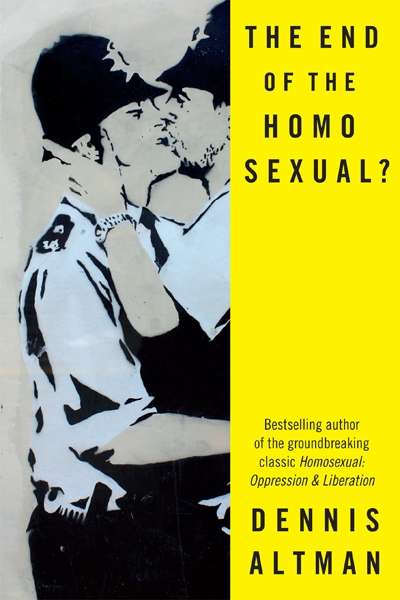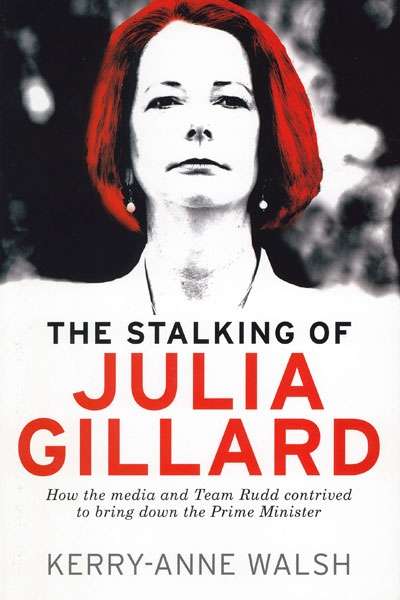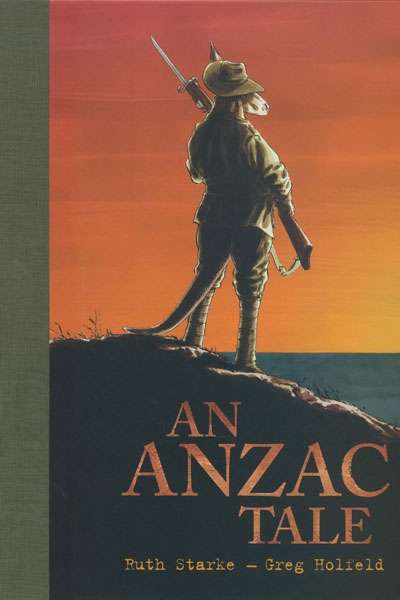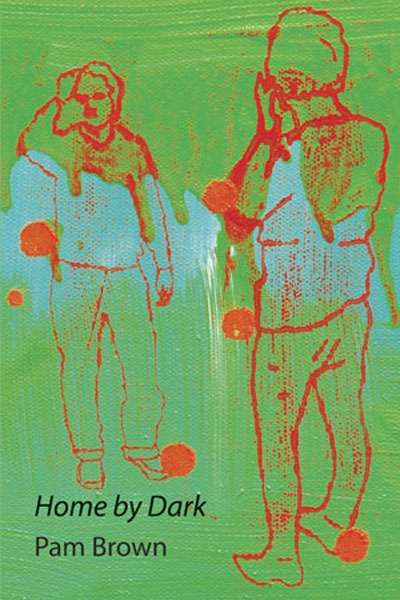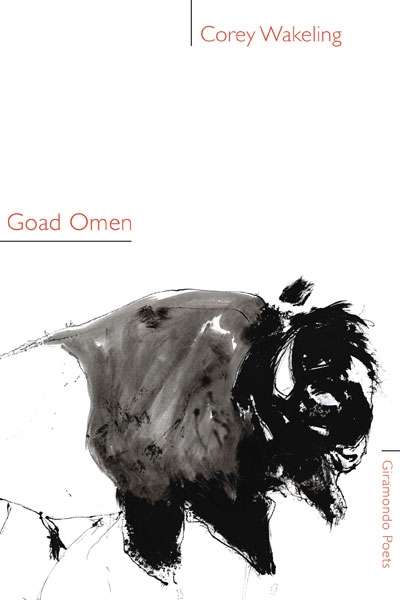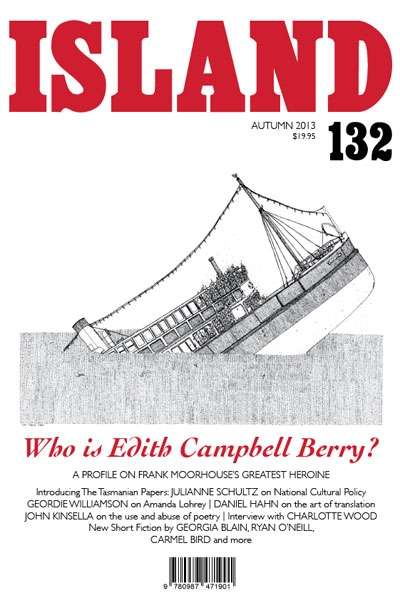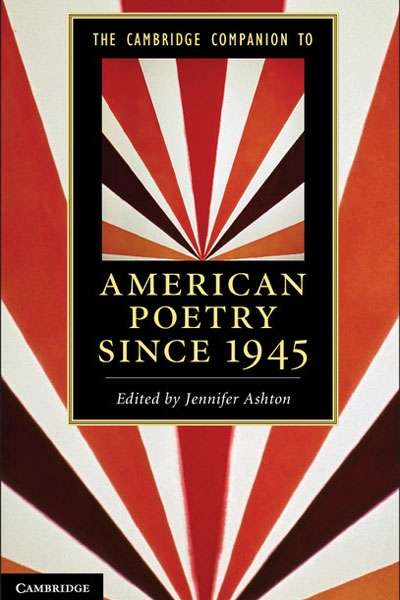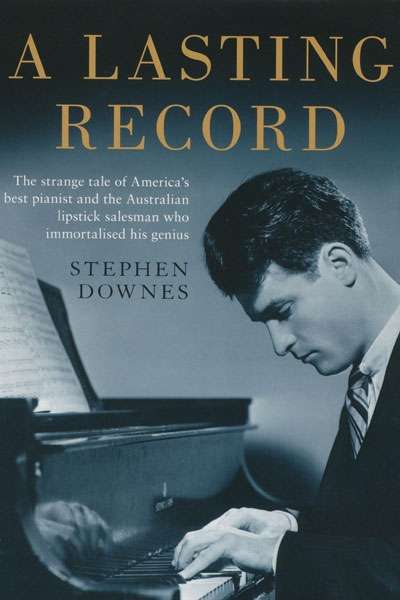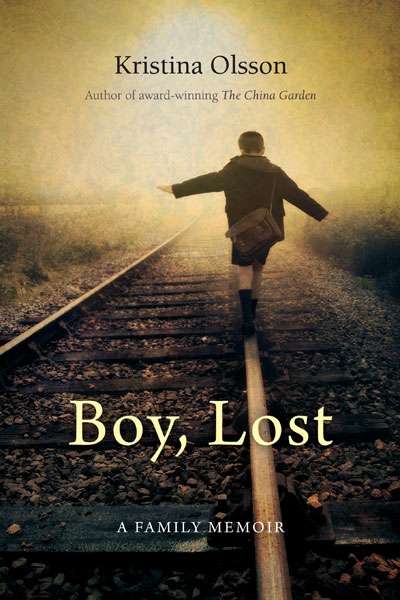Non Fiction
Dennis Altman’s major work, Homosexual: Oppression and Liberation was published in the 1970s, first in the United States (1971) and then in Australia (1972). It was fortuitous timing; along with Germaine Greer, Dennis Altman became the intellectual face of sexual liberation in Australia and abroad. Altman and Greer shared a stage at a crowded and sweaty January 1972 sexual liberation forum at Sydney University. Photographs show the audience spilling onto the stage, with Altman’s raffish features offset by Greer’s languid beauty. Arguably, Greer has gone on to greater celebrity and notoriety, as she has drifted from her academic and activist roots. Altman, as he notes in this book, has continued to combine activism and an academic career. In many ways, this book is an extended reflection on that trajectory, now into a fifth decade.
... (read more)The Stalking of Julia Gillard: How the Media and Team Rudd Contrived to Bring down the Prime Minister by Kerry-Anne Walsh
On 7 September 2010, seventeen days after the last federal election, the Australian Labor Party, led by Julia Gillard, just managed to crawl across the electoral line, thanks entirely to the support of independent MPs. In constitutional terms, the ALP had passed the only test needed to form government: a majority on the floor of the House of Representatives. But it soon became abundantly clear that for recently deposed Prime Minister Kevin Rudd, for Tony Abbott’s Opposition, deprived of victory by such a narrow margin, and for Coalition supporters in the media and elsewhere, this fact would not be respected.
... (read more)There’s no ASIO file on me, not even a mention in someone else’s file, according to my keyword search. It’s almost insulting, given that I spent several years in the Soviet Union in the late 1960s and later, as a Soviet historian in the United States in the Cold War 1970s, was suspected of being soft on communism. My father, the radical Australian historian Brian Fitzpatrick, had an ASIO file, of course. They even trailed him in the 1950s – or at least trailed someone they thought was him, a man of ‘repulsive appearance’ wearing a hat and an overcoat, neither of which he possessed. He would have been tickled both by the surveillance and the blunder. They had a file on my mother, Dorothy Fitzpatrick, too, although they got her middle name wrong. It wasn’t from her days of real left-wing activity in the 1930s, but from the 1950s, years that were among her most miserable and least political, when she was doing a teachers’ training course at Mercer House and then teaching at the Melbourne Church of England Girls’ Grammar School. To ASIO she was an also-ran to suspected communists of more dominant personality like Gwenda Lloyd; probably they included her mainly because of her marriage to Brian. ‘Same views as her husband’, one informant reported, which hardly does justice to a natural contrarian.
... (read more)Depicting war in a picture book requires a deft hand. Historical imperatives need to be considered, while also avoiding glorifying war for a young and impressionable audience. Ideally, such books should promote informed discussion rather than mindless militarism.
... (read more)Home by Dark is Pam Brown’s seventeenth book. She has also published ten chapbooks, including two collaborations. Brown’s poems are mostly elliptical, pithy, hewn into slight lines that imply or jest. Each poem manoeuvres and collects the everyday. It is an aesthetic of accumulation, a bricolage that ...
... (read more)Early in his Literary Theory: An Introduction, Terry Eagleton quotes the Russian formalist critic Roman Jakobson: ‘[literature is writing that represents] organised violence committed on ordinary speech.’ I don’t know if Corey Wakeling has been influenced by the formalists’ theories, but Goad Omen, his energetic first collection, is replete with estranging devices that bring attention to poetry as a structure in which ideas and images are set adrift from the anchor of ‘ordinary’ language in utilitarian settings. Within the space of a few lines in almost any given poem, violent ructions in image, ideas, syntax, and grammar occur: ‘pace the percussion of patience through lotus guarantee / banquet the animosity hoax, misplacement. Pert nark’ (‘The Blush’).
... (read more)Island 132 edited by Rachel Edwards and Matthew Lamb
The Kantian epigraph to this issue of Island points to an exploration of the island as ‘the land of truth’, with the ocean around it as ‘the native home of illusion’. In this way, the translation of experience, both real and imagined, is navigated in clever and topical ways. The emphasis on ‘island’ as a micro-metonym for Tasmania demonstrates that while there are changes afoot at Island, the new editors, Matthew Lamb and Rachel Edwards, have remained steadfastly loyal to its ‘Tasmanian-ness’. Issue 132 showcases the new A4 format. The content is as rigorous and engaging as ever, but the design and layout have more in common with the sinking Cartela on its cover. While the larger format has increased the content, it is at the cost of a rather gauche and cheap-looking publication. (Indeed, pages are falling out of my copy.) Tom O’Hern’s artwork adorns whole pages, and though his huge black-and-white illustrations of skulls and decomposition are repetitive and predictable, his double-paged industrial ‘Behemoth’ demonstrates his flair.
... (read more)The Cambridge Companion to American Poetry Since 1945 edited by Jennifer Ashton
The scene: a cold, bright January day in the snow-covered capital of the United States. The occasion: the presidential inauguration of John F. Kennedy. Up to the podium steps America’s unofficial poet laureate, eighty-six-year-old Robert Frost. Temporarily blinded by the glare of brilliant sunshine and freshly fallen snow, Frost sets aside the handwritten text of his specially prepared ‘Dedication’ and recites from memory a much earlier poem, ‘The Gift Outright’.
... (read more)In A Lasting Record, journalist and food writer Stephen Downes recounts the serendipitous tale of an eccentric music lover from Melbourne who, with a primitive home recording device, captured the only extant recording of American pianist William Kapell’s final performance. Downes vacillates between biography, literature, diary, and musicological critique.
... (read more)Boy, Lost is a sad and shocking memoir, unique in particulars but not in broad outline. Domestic violence and psychological sadism lie at its heart.
... (read more)

